Cyber-attacks are occurring more frequently and are a growing concern for small businesses, according to the FBI’s Internet Crime Report, with damages exceeding $2.7 billion per year and predicted to hit $6 trillion in total by 2021. Most small businesses do not have the knowledge or budget to protect themselves, thus making them an easier target for cyber-crimes. Here are some of the threats and how you can protect your business’ critical data.
Common Cybersecurity Threats
Malicious attacks are constantly evolving and are difficult to stop. The first point of defense is awareness of the most common types of attacks.
Malware
Malware is a term for malicious software designed to cause damage to a computing hardware such as desktops, laptops, servers, and the computing network. Other forms of malware may include viruses and/or ransomware.
Viruses
Viruses are computer programs that have been created to spread from one computer to another and any other peripheral computing device connected to the network. These types of malicious programs are designed to allow hackers into your computing systems.
Ransomware
Ransomware is another form of malware that not only infects your computing system, but also restricts access to your critical data until a ransom is paid. This malicious malware is frequently delivered through phishing emails and exploited unpatched vulnerabilities in software programs.
Phishing
Phishing is a malicious attack using email or websites to infect your computing environment and/or collect your critical data. Phishing emails appear and legitimate emails from someone in your organization or a trusted individual. These emails often require the end users to click on a link or attachment that contains malicious code.
Assessing Your Risk
One of the most important steps in combating malicious software attacks is being aware of the risks and determining a course of action to minimize the risks. Large companies have a team of network security professionals that perform scans, implement software/hardware to build protection from hackers, and monitor for intrusions. These are great steps but often, too costly for small businesses to implement.
There are some simple steps to take as a small business to assess where you are at regarding network security. Having a trusted relationship with an IT company and/or IT professional is a good way to start. A simple review of what is your company’s critical data, where it is stored, how it is backed up, access controls, etc., are just some simple steps to take. By identifying your critical data and how if can be protected is paramount.
Train Employees
Another great practice to follow is training your employees on what to be aware of regarding safe computing and protection of data. The leading cause of data intrusions for small businesses is through emails, which provide hackers with a direct path to your systems. Training employees and staff on best practices will help prevent cyber-attacks. Some basic training topics to include for your employees are 1) How to spot a phishing email, 2) good browsing practices, 3) avoid suspicious downloads, 4) create strong passwords, and 5) protect critical customer and vendor information.
Layered Defense of Critical Data
Although there are several high-end software and hardware tools to protect your critical data, they are often too expensive and require dedicated personnel to implement and manage. Small businesses are limited by resources and require less expensive solutions. The following products/solutions are ideal for small businesses to manage either internally or with a third-party IT partner:
1) Antivirus Software – Ensure each of your business’s computers has a reputable antivirus software that is configured to update automatically. This is important because antivirus software is updated regularly to incorporate the necessary protections against the most current malware.
2) Secure the Network – One of the key things small businesses need to accomplish is to secure their internet connection and your critical data. Two very important and simple things that need to be accomplished initially is to have a firewall and encryption tools. It is also important to ensure your wireless networks are secure. A few other things that will help secure your critical data are some easy steps:
a. Multi-factor Authentication (MFA) is a security tool that requires an additional piece of information to log into your computer or network
b. Strong Passwords is an easy way to improve data security. Make sure they are at least 8 characters, one uppercase letter, one number, and one special character.
c. Physical access is not only related to your business offices, but also to your critical data by educating your employees on how to secure access to the physical computing devices. One of the easiest targets is mobile devices such as a laptops and smart phones. Take the time to ensure they are encrypted, locked, and not left unattended.
–At NvYA Technology, we assist our customers with a bevy of products and services to ensure their IT goals and objectives are met not just today, but also in the future. We provide strategic planning, on-site service, remote resolution, trouble ticketing system so companies can track the process of getting tasks resolved, and technical support desk services. We also eliminate the single point of failure with a deep staff of highly trained IT personnel.
Contact NvYA Technology at info@nvyatech.com or sales@nvyatech.com, or give us a call at (888) 234-6892





0 Comments